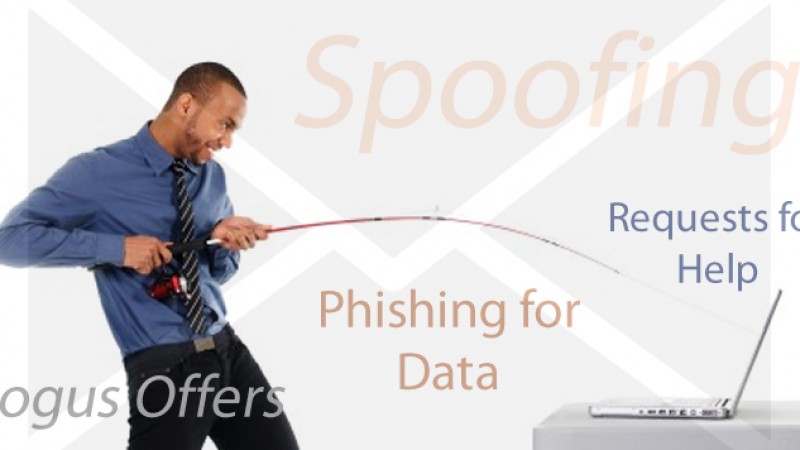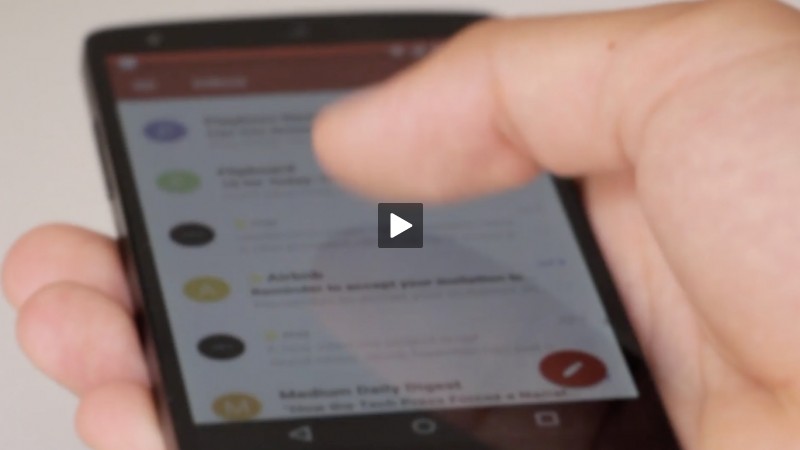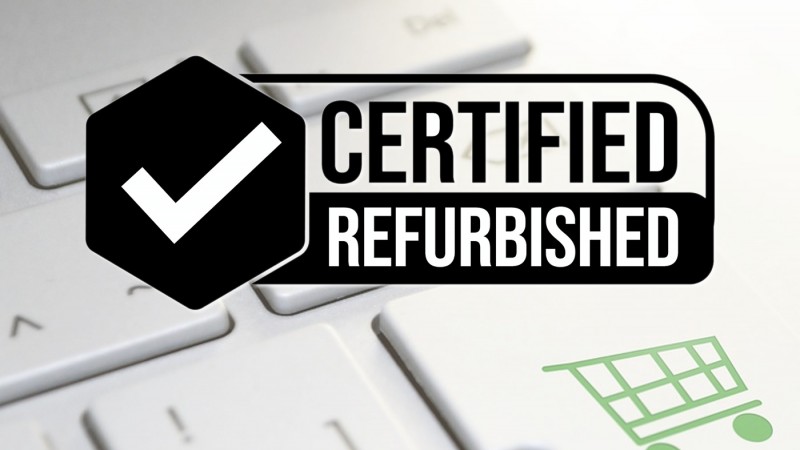How to Protect Yourself from Scam Emails, Letters and Phone Calls
- Details
- Written by Will from Holland
- Category: Articles

Remember scam emails? They would offer you a big commission if you let a total stranger in a foreign country deposit ten million dollars in your bank account for a few weeks! Or, they told you that you won the lottery and they'd like to deposit a big check into your account, and all you have to do is wire back the taxes!
That has "Scam!" written all over it, right?
Unfortunately, scammers have become smarter and more believable since then. The scammers behind major data hacks like Target, iCloud, JP Morgan, and Home Depot may be some of the smartest we've seen.
If you receive an email, letter or phone call from these scammers, their message can seem believable and legitimate. For instance, an email could have the subject line "Attached is your new insurance policy" and the email mentions your insurance company. Or, "Visa card ending in 1234 has been compromised" and you have a card ending with that number. How about this one: "Someone ran a criminal background check on you" and included four digits of your Social Security number, your full name and your address.
Sure, it's a bit unnerving that scammers have certain information about you already. Perhaps they got it through the hacks mentioned above, or maybe you were careless with your personal information on social networks. A lot of information is readily available for anyone to collect, but, if scammers are reaching out to you, it means they don't know enough about you to hurt you... yet.
So here's a plan to help protect yourself—and help to prevent you from inadvertently sharing your personal information with the wrong person or company—Stop and think before you react to any emails, letters and phone calls.
-
If it's an email: Do not click on anything in any email without questioning it. If you have any suspicions, simply call or email the company the sender claims they are by using contact details you already know.
-
If it's a phone call: Tell the person you'll call them back, but make sure to call the company's number that you have in your own records to find out if the person is actually a representative of that company.
-
If it's a letter asking for you to give your personal information: Call the institution to get clarification. And don't use the phone number in the letter!
There are many other ways scammers are trying to get you to reveal your personal information with them, too. Follow the simple tips on our site to help you avoid being scammed.
What to do now: Check out the related posts right now. We have tons of articles and videos that will help you protect yourself from identity theft, phishing scams, hacks and much more.
Good luck and stay safe!
Cheers, Will


































